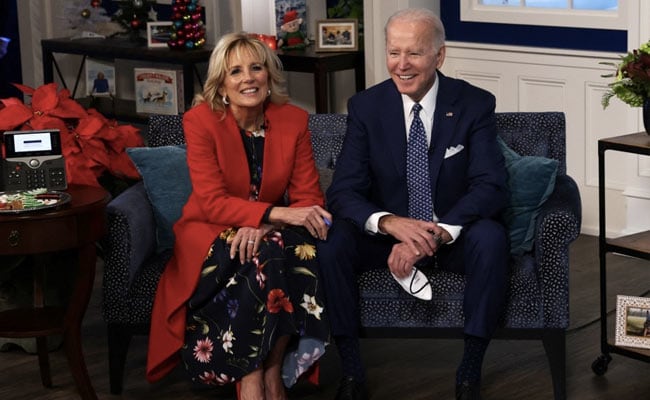RBI governor Shaktikanta Das. File
| Photo Credit: ANI
With a view to strengthen customer grievance redressal system, RBI governor Shaktikanta Das on October 6 said the Central bank decided to effect certain changes and also consolidate and harmonise the Internal Ombudsman guidelines into a single master direction.
“This will further strengthen the customer grievance redressal system of the regulated entities,” Mr. Das said while announcing bi-monthly monetary policy.
RBI includes PM Vishwakarma under PIDF scheme; extends tenure of scheme by another two years
The Reserve Bank of India, in 2015, introduced an Internal Ombudsman (IO) mechanism in select scheduled commercial banks with the objective to strengthen their Internal Grievance Redress (IGR) system and to ensure efficient and fair resolution of customer complaints by enabling an apex level review within the banks before their rejection.
Gradually, the framework has been extended to other regulated entities (REs), viz. select Non-Bank System Participants (non-bank issuers of PPIs), select Non-Banking Financial Companies and all Credit Information Companies.
The guidelines on IO framework currently in operation for various categories of REs have similar design features but carry certain variations on operational matters. He said, “Based on the learnings from the implementation of the extant of IO guidelines, it has been decided to harmonise the same and issue a consolidated master direction.”
“The master direction shall bring uniformity in matters like timeline for escalation of complaints to IOs, exclusions, temporary absence of the Internal Ombudsman, minimum qualifications for appointing an Internal Ombudsman and updation of reporting formats, in addition to introduction of the post of Deputy Internal Ombudsman,” he added.
In view of the potential role of Self-Regulatory Organisations (SROs) in strengthening compliance culture among their members and also providing a consultative platform for policy making, he said, “it has been decided to issue an omnibus framework for recognising SROs for various regulated entities of the Reserve Bank.”
“The omnibus SRO framework would prescribe the broad objectives, functions, eligibility criteria, governance standards, etc., which will be common for all SROs, irrespective of the sector,” he said.
“The Reserve Bank may prescribe sector-specific additional conditions at the time of calling for applications for recognising such SROs,” he said. “To begin with,” he said, “a draft of the omnibus framework will be released for stakeholder comments.”









